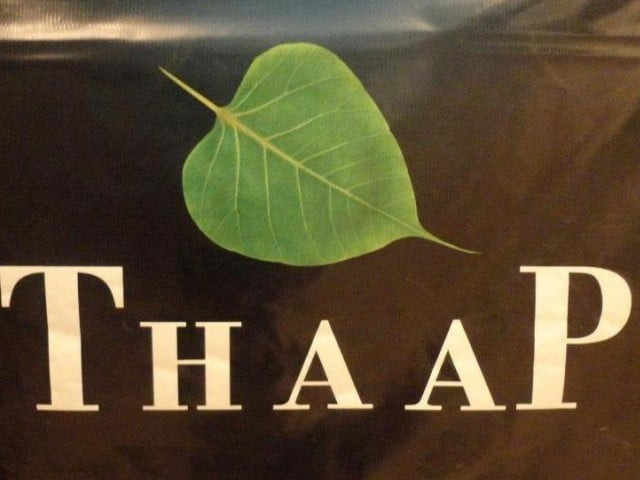Alienating the Punjab from Punjabi
Soofi says the Punjabi language suffered most under British rule

PHOTO: FILE
Researchers, historians and Punjabi experts posited this while speaking at Punjab: colonialism, language and identity. Litterateur Mushtaq Soofi said there was still a section of people that weighed on the question of whether Punjabi merited to be mainstreamed or not despite its historical significance. Presenting a succinct history of the language, he said that the language had developed in three distinct phases. Soofi said these were the Aryan invasion of the Indian subcontinent, Iranian and Turkic incursions during the Mughal era and the Raj.
He said Punjabi had suffered the most at the hands of the British who had had it replaced by English and Urdu saying that the language was an offshoot of the latter with negligible importance. Soofi said this had been executed by using faux political and ignorant pretexts. “This happened despite the fact that Punjabi was well received by the public. Even Bahadur Shah Zafar, the last Mughal Emperor used to write in Punjabi,” he said.
Journalist Majeed Sheikh attributed the state of Punjabi today to imperialism and its subsequent victimisation by the British. “During the reign of Maharaja Ranjit Singh, his French adviser once counselled that a region could only flourish if it conversed and studied in its native language,” he said. Sheikh said Singh had ordered the formulation of a Punjabi Qaida—a text book whose importance could be gauged by the fact that women were made to commit it to memory before getting married.
While the British accorded the status of official languages to Bengali and Sindhi in the respective regions, painter Raja Sadiqullah said, they realised that they could easily communicate in the Punjab courtesy their knowledge of Urdu. “This also led non-Punjabi speakers to believe that Urdu and Punjabi were more or less synonymous.
This engendered further alienation,” he said. Secondly, Sadiqullah said, the resistance that the British had to face from the Punjabis made them realise that allowing the people to speak and learn their mother tongue could lead to political mobilisation against them.
He said politicians like Jinnah, Allama Iqbal and Sir Syed had furthered the divide. Sadiqullah said the men were alien to Punjabi and had imposed Urdu, English and Persian on a people who were busy enjoying the work of Waris Shah and Bulleh Shah.
The discussion was organised by the Society of Cultural Education (SCE) and the Trust for History Art and Architecture Pakistan (THAAP) to understand and analyse the much misunderstood and ignored language.
Published in The Express Tribune, February 28th, 2016.



















COMMENTS
Comments are moderated and generally will be posted if they are on-topic and not abusive.
For more information, please see our Comments FAQ